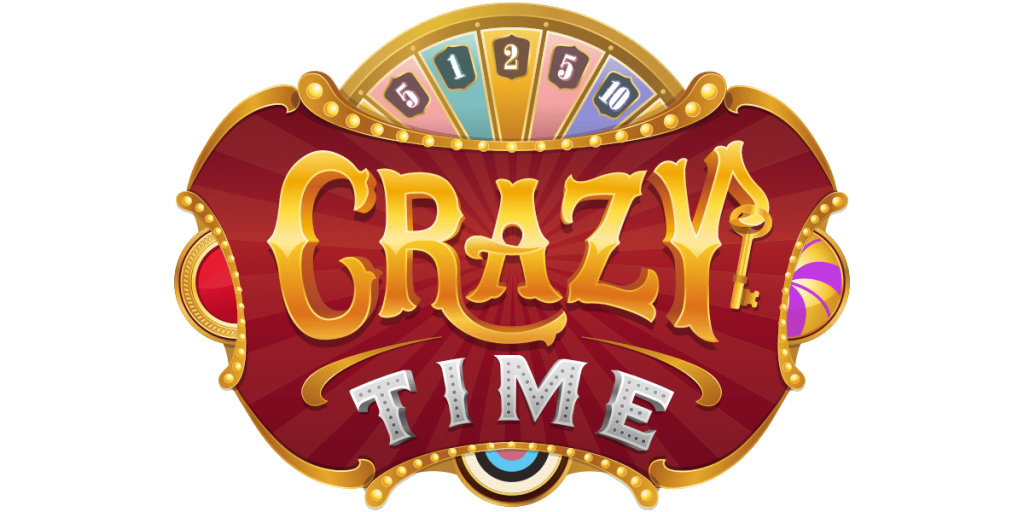Talking Stick Resort and Casino is one of Arizona’s most recognizable destinations for entertainment, gaming, hospitality, and events. Located in Scottsdale, it blends luxury and cultural heritage with modern gaming excitement. But many people don’t know who actually owns this popular venue. This article explores the ownership, management, history, and impact of Talking Stick Casino.
Table of Contents
Ownership: The Salt River Pima-Maricopa Indian Community
Talking Stick Casino is owned and operated by the Salt River Pima-Maricopa Indian Community (SRPMIC), a sovereign tribe located in the Phoenix metropolitan area. The SRPMIC is a federally recognized tribe made up of two distinct Native American groups: the Pima (Akimel O’odham) and the Maricopa (Xalychidom Piipaash) peoples.
Tribal Ownership Overview
| Aspect | Detail |
|---|---|
| Owner | Salt River Pima-Maricopa Indian Community (SRPMIC) |
| Tribal Population | Approximately 10,000 |
| Land Base | Over 52,000 acres |
| Location | Scottsdale, Arizona |
| Established as a Tribe | 1879 (federally recognized) |
This ownership reflects a broader trend of Native American tribes using gaming enterprises to foster economic development, self-reliance, and cultural preservation.
Gaming Operations: Enterprise Under Tribal Governance
Talking Stick Casino is run under the Talking Stick Resort brand, which includes a resort, spa, and golf course. The gaming operations fall under the Casino Arizona brand, which is also owned by the SRPMIC. This strategic setup allows the tribe to diversify its revenue streams while maintaining control over its assets.
Key Facilities Operated by SRPMIC
| Facility Name | Description |
|---|---|
| Talking Stick Resort | A luxury resort with over 400 rooms and suites |
| Talking Stick Casino | A full-service casino with slots, poker, table games |
| Casino Arizona | Another tribal casino in the same region |
| Talking Stick Golf Club | 36-hole championship golf facility |
The profits from these enterprises go directly back into community programs, infrastructure, education, and healthcare for tribal members.
Economic and Cultural Impact
The ownership of Talking Stick Casino has significant economic and cultural implications. It serves as a major economic driver for the Salt River Pima-Maricopa Indian Community and plays a key role in job creation, tourism, and infrastructure development.
Estimated Economic Contributions
| Area of Impact | Contribution |
|---|---|
| Employment | Over 2,000 direct jobs |
| Annual Revenue | Estimated $300–$500 million (combined operations) |
| Community Programs | Funded by casino profits |
| Education Grants | Tribal members receive scholarships and aid |
| Cultural Preservation | Funding for language and heritage programs |
This is an example of a successful tribal enterprise that balances business operations with cultural stewardship.
Legal Framework: Indian Gaming Regulatory Act (IGRA)
Casinos like Talking Stick operate under the Indian Gaming Regulatory Act (IGRA) of 1988, a federal law that allows tribes to operate gaming facilities on tribal land as a means of promoting economic development and self-sufficiency.
Gaming Classifications Under IGRA
| Gaming Class | Description | Example at Talking Stick Casino |
|---|---|---|
| Class I | Traditional tribal games for small prizes | Ceremonial games |
| Class II | Bingo and non-banked card games | Poker |
| Class III | Casino-style gaming | Slot machines, blackjack |
SRPMIC entered into a gaming compact with the state of Arizona, which outlines the scope of permissible gaming and regulatory oversight.
Modernization and Expansion
Since its opening in 2010, Talking Stick Resort has undergone multiple renovations to remain competitive with regional and national resorts. This includes upgrades to the gaming floor, guest rooms, convention spaces, and the addition of high-end restaurants and entertainment venues.
Recent Upgrades and Features
| Year | Improvement | Description |
|---|---|---|
| 2015 | Entertainment upgrades | Expanded Showroom and new live music events |
| 2018 | Hotel renovations | Updated luxury suites and guest experience |
| 2021 | Health & safety modernization | Post-COVID air filtration, touchless tech |
| 2023 | Tech expansion | Sportsbook, mobile betting integration |
These continuous improvements ensure that the property remains a competitive, top-tier resort destination in the Southwest.
Why It Matters: Sovereignty Through Enterprise
The success of Talking Stick Casino is more than just a business story. It highlights the power of tribal sovereignty, where Native communities reclaim economic independence while honoring cultural values. Ownership by SRPMIC ensures that decisions are made with the tribe’s best interests in mind, rather than those of external corporations.
Unlike commercial casinos, which often channel profits to shareholders, the proceeds from Talking Stick Resort are reinvested directly into the community — improving lives, preserving heritage, and securing a future for the next generation of tribal members.
Talking Stick Casino is a shining example of what Native American enterprise can achieve when paired with strong governance, strategic investment, and cultural vision. Owned and operated by the Salt River Pima-Maricopa Indian Community, it serves not only as an entertainment destination but also as a cornerstone of economic sustainability and tribal identity.
Whether you’re visiting for a weekend getaway or curious about Native American economic development, Talking Stick Casino represents a powerful narrative — one of resilience, innovation, and self-determination.

